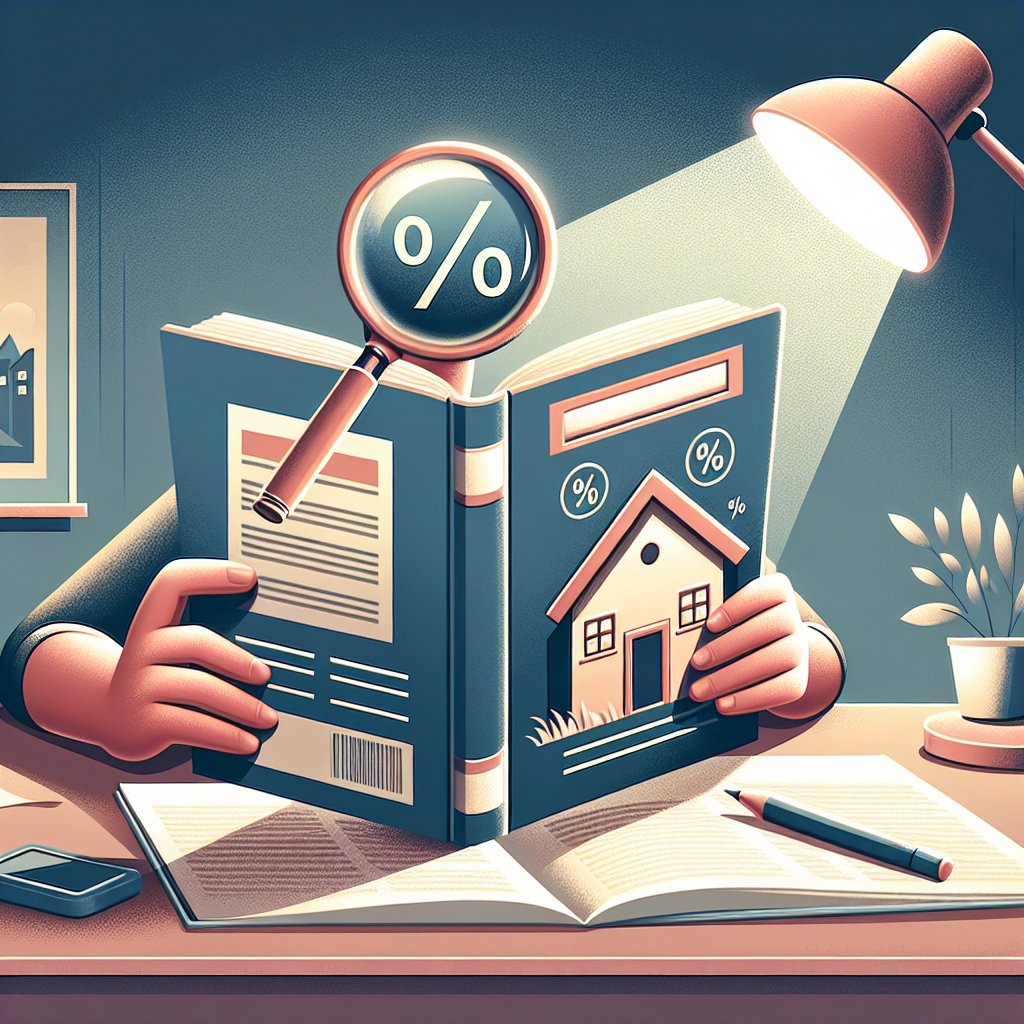In the world of real estate, understanding mortgage rates is crucial for anyone looking to buy a home. Mortgage rates play a significant role in determining how much you will ultimately pay for your home over the life of the loan. This article will delve into the importance of understanding mortgage rates and how they can affect your financial well-being.
**What Are Mortgage Rates?**
Mortgage rates are the interest rates that lenders charge borrowers for providing a mortgage loan. These rates can vary depending on a variety of factors, including the current state of the economy, the lender’s risk assessment of the borrower, and the type of mortgage product being offered. Mortgage rates are typically expressed as a percentage and can have a significant impact on the overall cost of owning a home.
**Why Are Mortgage Rates Important?**
Understanding mortgage rates is essential because they directly affect how much you will pay for your home over time. Even a small difference in interest rates can result in thousands of dollars in additional payments over the life of the loan. By having a firm grasp on mortgage rates, you can make informed decisions about when to buy a home, which type of mortgage product to choose, and how to negotiate the best terms with lenders.
**How Do Mortgage Rates Impact Your Payments?**
Mortgage rates have a direct impact on your monthly mortgage payments. The higher the interest rate, the more you will pay each month. For example, a $200,000 mortgage with a 4% interest rate will have a monthly payment of approximately $955. However, if the interest rate increases to 5%, the monthly payment jumps to $1,073. Over the life of a 30-year loan, this can add up to tens of thousands of dollars in additional payments.
**Factors That Influence Mortgage Rates**
Several factors can influence mortgage rates, including:
**Economic Conditions**: Mortgage rates tend to rise and fall with the overall state of the economy. When the economy is strong, mortgage rates may increase as demand for home loans rises. Conversely, during economic downturns, mortgage rates may decrease to stimulate borrowing and spending.
**Credit Score**: Lenders use credit scores to assess the risk of default by borrowers. A higher credit score typically results in a lower interest rate, while a lower credit score may lead to higher rates or difficulty securing a loan.
**Loan Term**: The length of the loan can impact the interest rate. Shorter-term loans generally have lower interest rates, but higher monthly payments, while longer-term loans may have higher rates but lower monthly payments.
**Type of Loan**: Various types of mortgage products, such as fixed-rate mortgages and adjustable-rate mortgages, have different interest rate structures. Fixed-rate mortgages have a consistent interest rate over the life of the loan, while adjustable-rate mortgages may have fluctuating rates after an initial fixed period.
**Conclusion**
In conclusion, understanding mortgage rates is vital for anyone looking to purchase a home. Mortgage rates can have a significant impact on your financial well-being, affecting how much you will ultimately pay for your home. By staying informed about current mortgage rates and factors that influence them, you can make informed decisions about when to buy a home, which type of mortgage product to choose, and how to negotiate the best terms with lenders. Keep in mind that even a small difference in interest rates can result in substantial savings or additional costs over the life of a loan. By educating yourself about mortgage rates, you can take control of your home-buying process and make the best financial decisions for your future.




